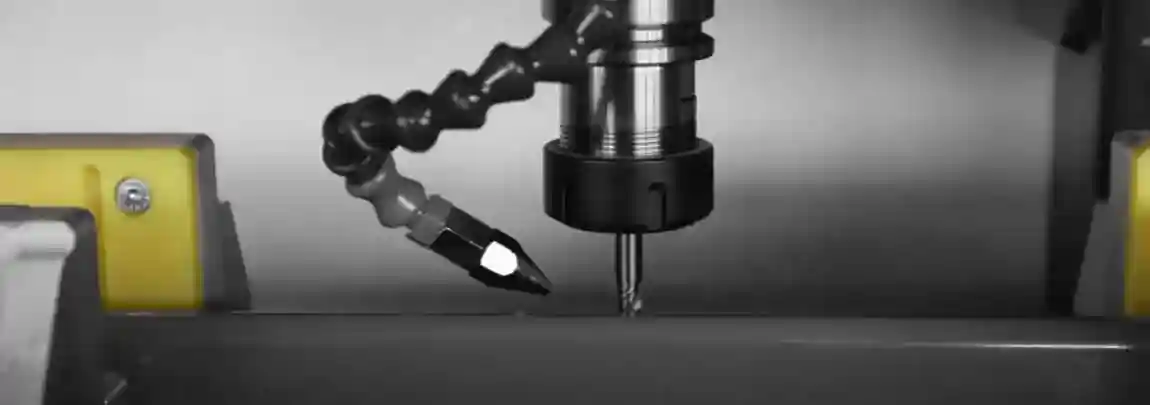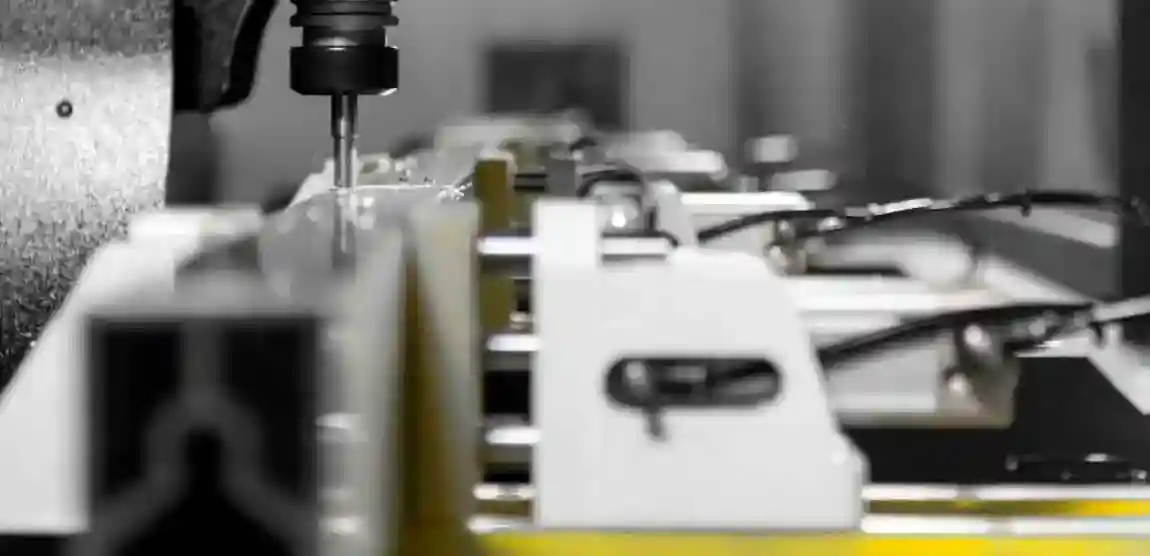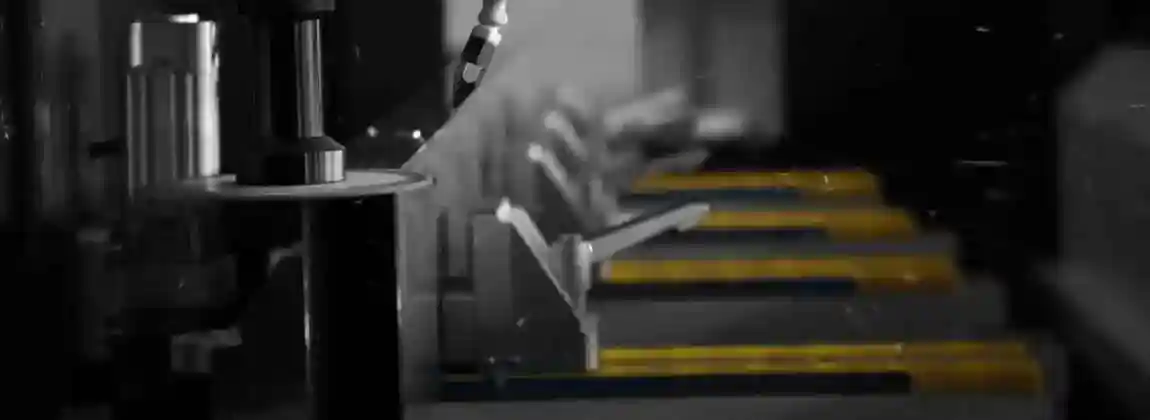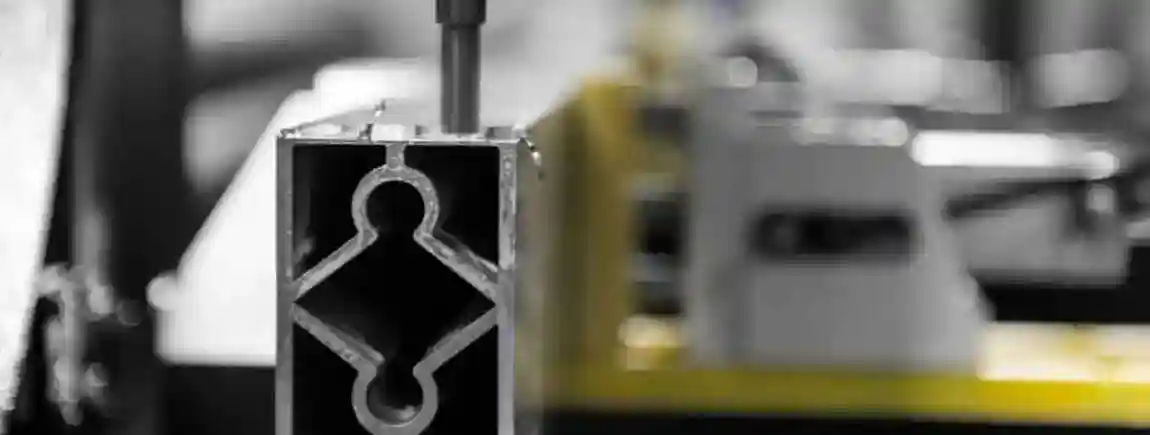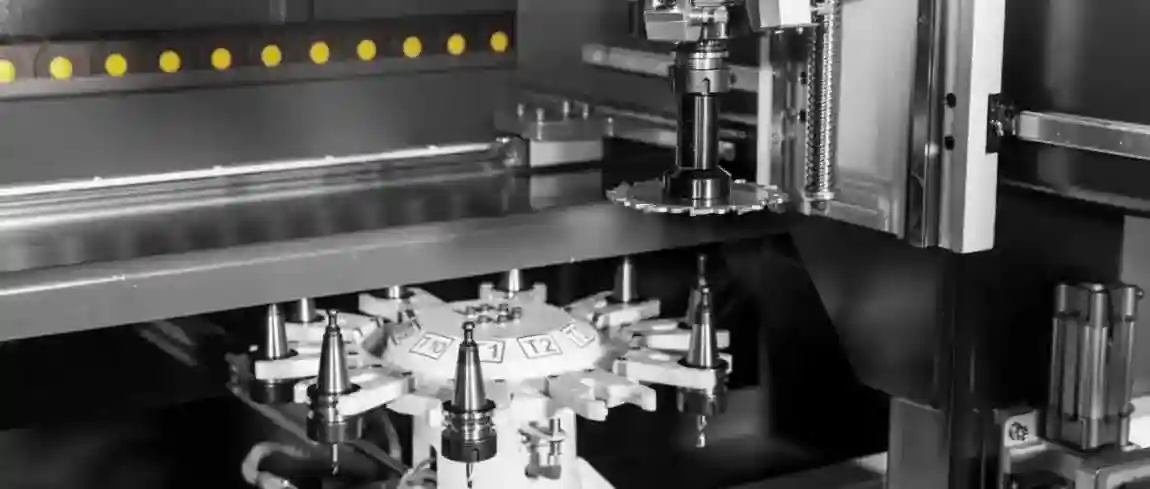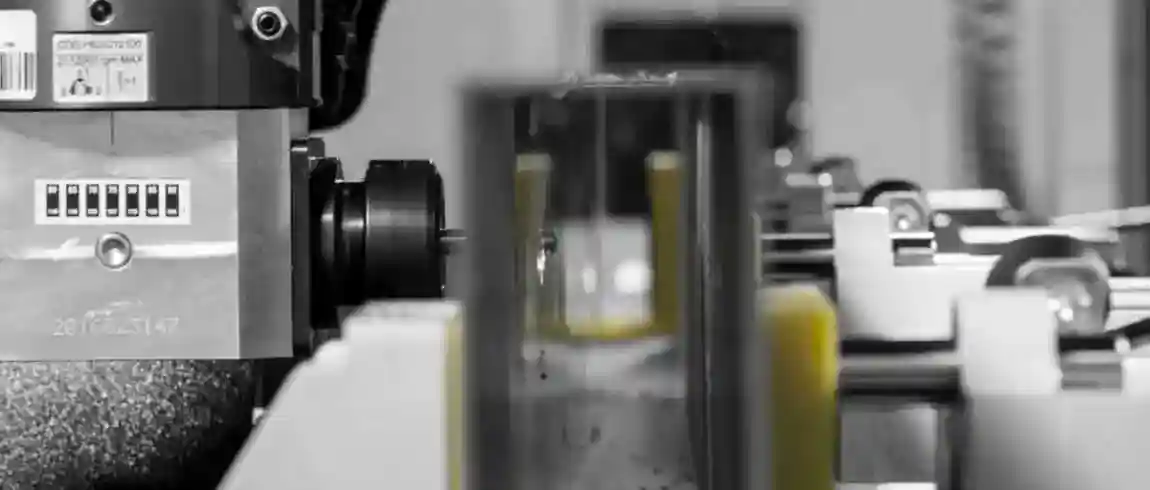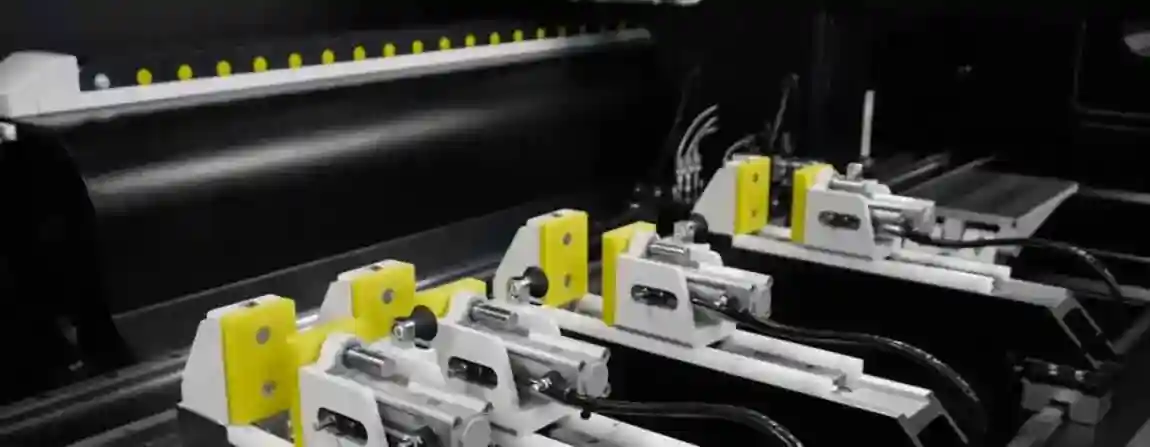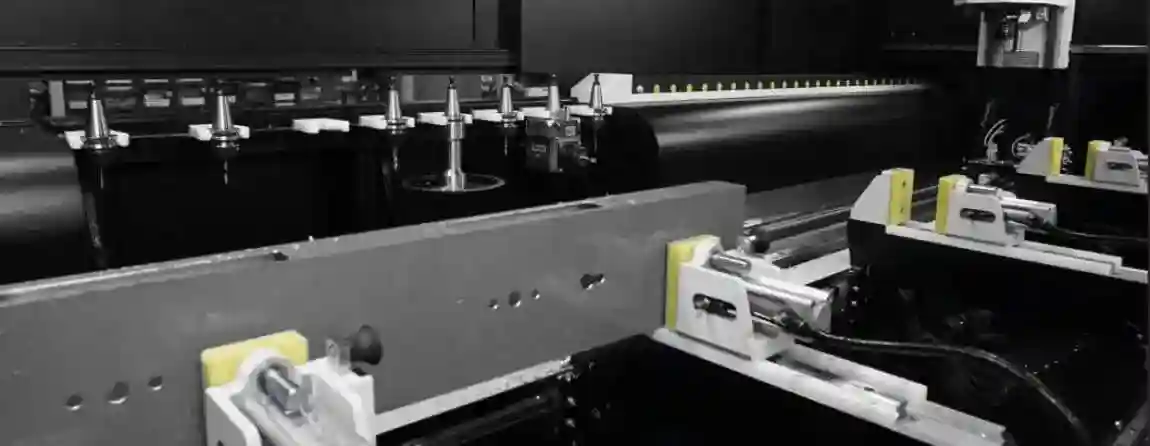-

Company
Product
ALUMINIUM MACHINES
PORTABLE MITER SAWS FOR ALUMINUM
PORTABLE COPY ROUTER MACHINES FOR ALUMINIUM
PORTABLE END MILLING MACHINES FOR ALUMINIUM
AUTOMATIC MITER SAWS FOR ALUMINIUM
COPY ROUTER MACHINES FOR ALUMINIUM
END MILLING MACHINES FOR ALUMINIUM
ALUMINUM CORNER CRIMPING MACHINE
DOUBLE MITRE SAWS FOR ALUMINIUM
AUTOMATIC SAWS FOR ALUMINIUM
BAR PROCESSING CENTERS
MACHINING CENTERS FOR ALUMINIUM COMPOSITE PANELS
NOTCHING SAWS
WEDGE CUTTING SAWS AND NOTCH CUTTING SAWS
MITER SAWS FOR ALUMINIUM
PVC PLASTIC MACHINES
PORTABLE MITER SAWS FOR PLASTIC
PORTABLE COPY ROUTER MACHINES FOR PLASTIC
PORTABLE END MILLING MACHINES FOR PLASTIC
MITER SAWS FOR PLASTIC
COPY ROUTERS FOR PLASTIC
END MILLING MACHINES FOR PLASTIC
WELDING MACHINES FOR PLASTIC
CORNER CLEANING MACHINES FOR PLASTIC PROFILES
DOUBLE MITRE SAWS FOR PLASTIC
BAR PROCESSING CENTERS
GLAZING BEAD SAWS
AUTOMATIC MITRE SAWS FOR PLASTIC
METAL MACHINES
MANUAL METAL SHEET BENDING MACHINE
MANUAL BENDING MACHINES
HYDRAULIC BENDING MACHINES
NON MANDREL BENDERS
PLATE BENDING MACHINES
BORDERING AND TRIMMING MACHINES
HORIZONTAL PRESSES
BELT GRINDING MACHINES
PIPE NOTCHING MACHINES
PIPE POLISHING MACHINES
LASER CUTTING MACHINES
PRESS BRAKES
VERTICAL TURNING CENTERS
MACHINING CENTERS
WOOD MACHINES
GLASS MACHINES
ROBOTICS SPECIAL MACHINERY
Service
Blog
Contact
Blog
- Home
- Blog
- METALWORKING MACHINES
- PROFILE BENDING MACHINES FOR ALUMINIUM PROFILES
PROFILE BENDING MACHINES FOR ALUMINIUM PROFILES
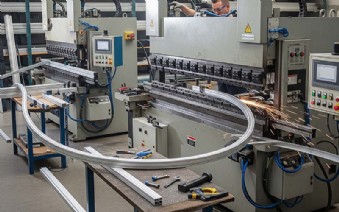
Profile Bending Machines for Aluminium Profiles – Flexibility in Modern Metalworking
Introduction
Aluminium profiles play a vital role in modern architecture, mechanical engineering, automotive production and façade construction. Thanks to their light weight, durability and corrosion resistance, they are widely used in various industries. However, many applications require curved or bent profiles, whether for arched windows, façades, roof structures or decorative elements. This is where profile bending machines come into play – specialised systems that bend aluminium profiles precisely and efficiently without damaging the material.
What is a profile bending machine?
A profile bending machine is designed to bend aluminium (as well as steel, copper or brass) profiles into the desired radius or shape.
Key features include:
-
production of arcs, circles and curves,
-
uniform pressure distribution on the profile,
-
controlled forming without cracks or deformation,
-
interchangeable rollers adapted to different cross-sections.
Machines are available in manual, semi-automatic and fully automatic CNC-controlled versions.
Advantages of profile bending machines for aluminium
Precision
Accurate bending of even the most complex radii.
Material protection
Even pressure ensures gentle forming of delicate profiles.
Versatility
Suitable for small window profiles as well as large construction profiles.
Cost efficiency
Fast processing, reduced waste and high repeat accuracy lower production costs.
Flexibility
Custom shapes and curves enable innovative designs and architectural freedom.
Applications
-
Window and door construction: arched window frames, custom door elements.
-
Façade construction: curved aluminium structures for modern glass façades.
-
Mechanical engineering: custom frames and assemblies.
-
Automotive industry: lightweight aluminium components for bodywork.
-
Furniture and shopfitting: decorative curved profiles for design projects.
Types of profile bending machines
-
Manual machines: for small workshops and single pieces.
-
Semi-automatic machines: hydraulic assistance with partial automation.
-
CNC profile bending machines: computer-controlled, programmable, perfect for series production and precision work.
Technical features of modern CNC machines
-
Servo-driven rollers for precise motion.
-
Touchscreen operation with CAD/CAM interface.
-
Adaptability for different profile sizes.
-
Special rollers for anodised or coated aluminium.
-
Integration into digital production lines.
Challenges in bending aluminium profiles
-
Elasticity: aluminium tends to spring back after bending.
-
Wall thickness: thin-walled profiles require highly precise control.
-
Surface quality: coated profiles must be bent without scratches.
Modern machines solve these issues with advanced software, precision mechanics and customised tooling.
Future trends
-
Full automation with AI-supported programming.
-
3D bending technology for complex geometries.
-
Sustainable machine design with lower energy consumption.
-
Smart factory integration through digital networking.
-
Innovative roller materials for longer durability and surface protection.
Conclusion
Profile bending machines for aluminium profiles are indispensable in modern metal processing. They open up new possibilities for architecture, industry and design, combining precision, efficiency and versatility. Companies that invest in modern CNC bending technology secure a clear advantage in quality and competitiveness.
- profile bending machines aluminium
- profile bending machine buy
- profile bending machine prices
- used profile bending machine
- profile bending machine manufacturer
- CNC profile bending machine
- profile bending machine aluminium profiles
- profile bending windows
- profile bending doors
- profile bending façades
- profile bending mechanical engineering
- profile bending automotive
- profile bending furniture
- profile bending arched windows
- profile bending metalworking
 GERMANY
GERMANY ENGLISH
ENGLISH FRANCE
FRANCE SPAIN
SPAIN PORTUGAL
PORTUGAL

